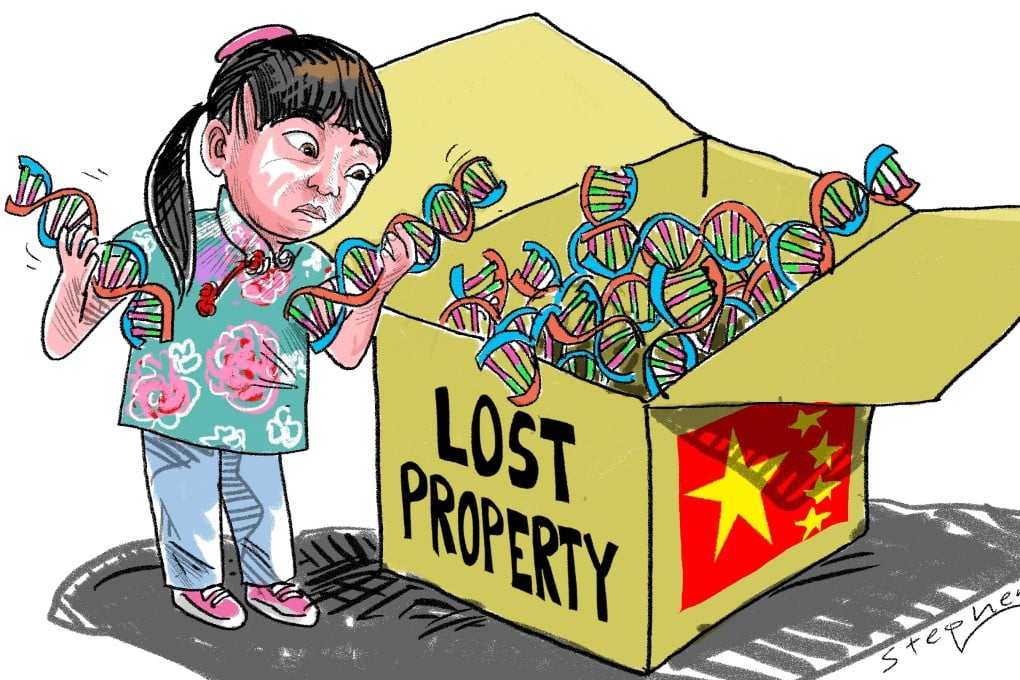Opinion | China’s one-child policy left countless children bereft. It can help to ease the pain of loss
- Beijing should face up to the repercussions of its strict population policy. For the many thousands of children abandoned then adopted overseas, the government can begin to make amends by helping to bring together those it has separated

In 1992, I was abandoned as a baby and found in a public place in Hefei, China. For almost two years, I lived in an orphanage and with a foster mother. Then my adoptive mother flew me to Sacramento, California, where I grew up.
In her devastating poem, One Art , Elizabeth Bishop writes of loss in a way I relate to. She describes misplacing stuff like keys and a watch, but also losing things a little less trivial: names and places; rivers, cities and continents; and finally, that mysterious “you”.
China’s international adoptees like me have, in most cases, lost “you”: our biological mother, father, sister, brother, and extended family. We have lost a continent, a nation and citizenship. We have lost a thousand names and places, and in many cases, a language.
When we go to the doctor’s, we realise we have lost our family’s health history. And we have lost less tangible, but no less significant, things like the answer to a question once articulated by a Korean adoptee: “Do I look like somebody?”

